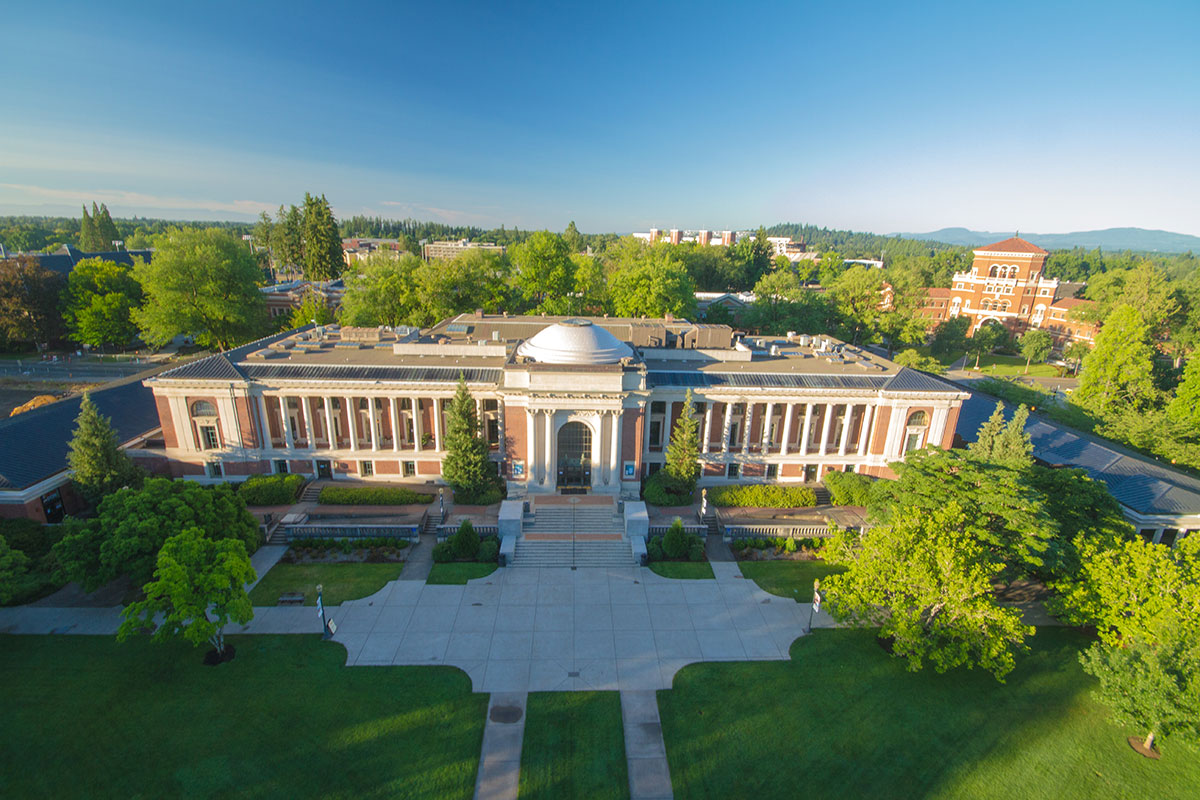If there’s a single message in the winter 2014 issue of Terra, it’s this: Language matters. It frames our relationships and defines our culture. It affirms common interests and ways of seeing the world. If you want to get something done, using the right language can make all the difference.
I learned that lesson early. At the dinner table, my parents would occasionally shift from English to their native Dutch. It often seemed to happen close to Christmas. My sisters and I, who spoke only English, knew the conversation was not meant for our ears.
As an ethnographer in Guatemala in the 1980s, Oregon State professor Cherri Pancake learned that understanding Mayan culture required extraordinary care in how she spoke during interviews and meetings. Later, when she became a computer engineer, she applied that skill to the world of software. She and her team in the Northwest Alliance for Computational Science and Engineering interview people who use computer algorithms (the steps programmers create to accomplish a task) to make decisions about everything from forest fires to crop insurance. The language of software — vocabulary, structure, logic — matters to them.
For Kayla García, who grew up in Wisconsin, learning Spanish felt more like an act of remembering than encountering something new. The professor in the OSU School of Language, Culture and Society has her feet in both English- and Spanish-speaking worlds. Her work acts like a prism for culture. It reveals peoples’ lives in colors that speakers of other languages might otherwise never see.
Language is also at the heart of Gregg Walker’s research on international negotiations. The Law of the Sea Treaty talks were complicated enough, he says, but they pale in comparison to the United Nations Framework Convention on Climate Change. In Warsaw last fall, he listened and advised as delegates parsed words to underscore what’s at stake in the climate change debate: our survival and the world as we know it.
Their stories show Oregon State’s commitment to solving problems and enriching lives.





1 Comment
This article resonated with me on a sentimental level.
I migrated to USA more than 40 years ago when I was in my 20’s. My visits to my native country were fewer and far between. In the meantime, native dialect in my hometown region was continuously evolving. Words from national language as well as English were replacing many of the old dialect words. However, the dialect of my younger days remained preserved in my memory bank over the years. On a recent trip, I had the opportunity to negotiate a deal for a piece of land on behalf of my younger brother. Several other buyers were also interested in the same property.
We sat down to negotiate with the owner; an elderly gentleman in his 80’s. During the discussion, I noticed several times that this gentleman’s eyes welled up and he choked on his words. At the end of negotiation, he invited us for dinner and told my brother we had the deal. My brother was jubilant but equally surprised as the other interested parties had offered the owner higher prices and better terms. So, he asked the owner as to what tipped the scale in our favor. He said, well, your brother speaks the language of a bygone era when men’s word was more important than money. He appealed to my heart through my ears with the language of my youth. Now it was my turn to fight back the lump in my throat. Such is the power of language.